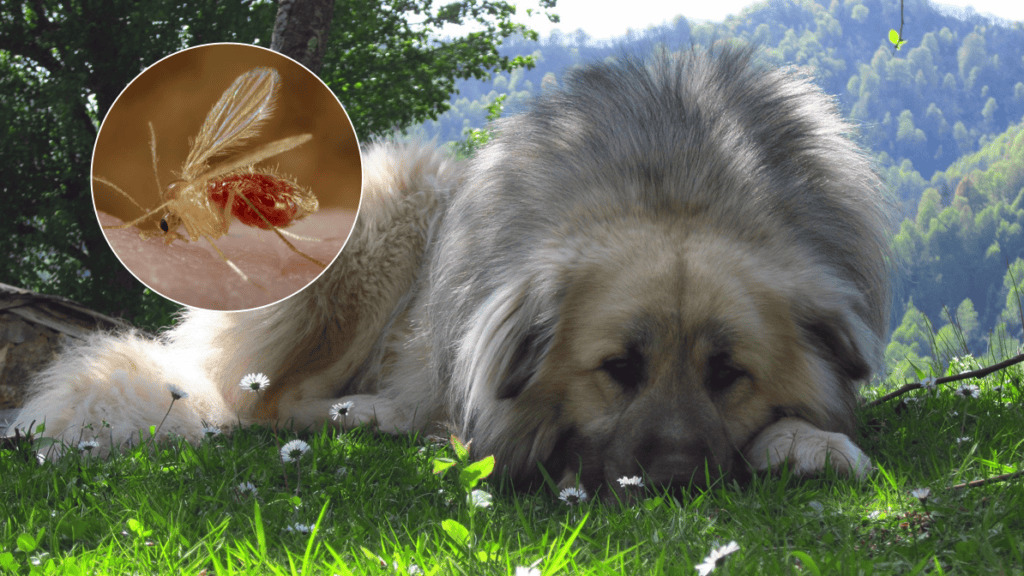One of the climate-related illnesses that most affects dogs is leishmaniasis. It is caused by being bitten by a Leishmania mosquito (of the Phlebotomus genus) which can develop in dogs earlier or later. The illness has various consequences. If infected animals aren’t treated they can die, however, although this is a chronic illness, if they receive the right treatment it won’t become fatal.
RISK AREAS AND TRANSMISSION OF LEISHMANIASIS
Leishmaniasis mosquitoes live throughout the Mediterranean area, the Middle East and some areas of South America. This type of insect needs a warm, humid climate (from 17ºC to 30ºC) to survive. Therefore, apart from the geographical area, Spring and Summer are when the mosquito population increases and there is more risk of being bitten.
The risk of dogs passing the illness on to humans is practically non-existent, so those living with a dog with Leishmaniasis don’t need to worry about possibly catching it.
HOW TO PREVENT LEISHMANIASIS
As it is caught through an insect bite, one way of preventing it is to use insects repellent on your dog and avoid areas that are breeding grounds for mosquitoes: ponds, rivers and areas with stagnant water, etc. Another way worth considering is the leishmaniasis vaccine, although it not guarantees the illness will not be caught.
HOW DO I KNOW IF MY DOG HAS LEISHMANIASIS?
The symptoms of leishmaniasis are: ulcer-type lesions on the ears, head -where they may also lose fur- and paws, inflammation of the eyes, conjunctivitis, weight loss, diarrhoea, wounds that take too long to heal, dermatitis, fatigue, weakness and inflammation of the abdomen, amongst others. Even so, only a vet can make a proper diagnosis, so we recommend seeing one urgently if you are in doubt.
TREATING LEISHMANIASIS
Leishmaniasis has no cure but it does have treatment that improves the dog’s quality of life. The treatment to be followed after a bite is both pharmaceutical and nutritional. In terms of food, you need to get their weight and muscle mass back up -they’ll need food that is easy to digest– and they’ll also need to have antioxidant foods that stimulate the immune system.
